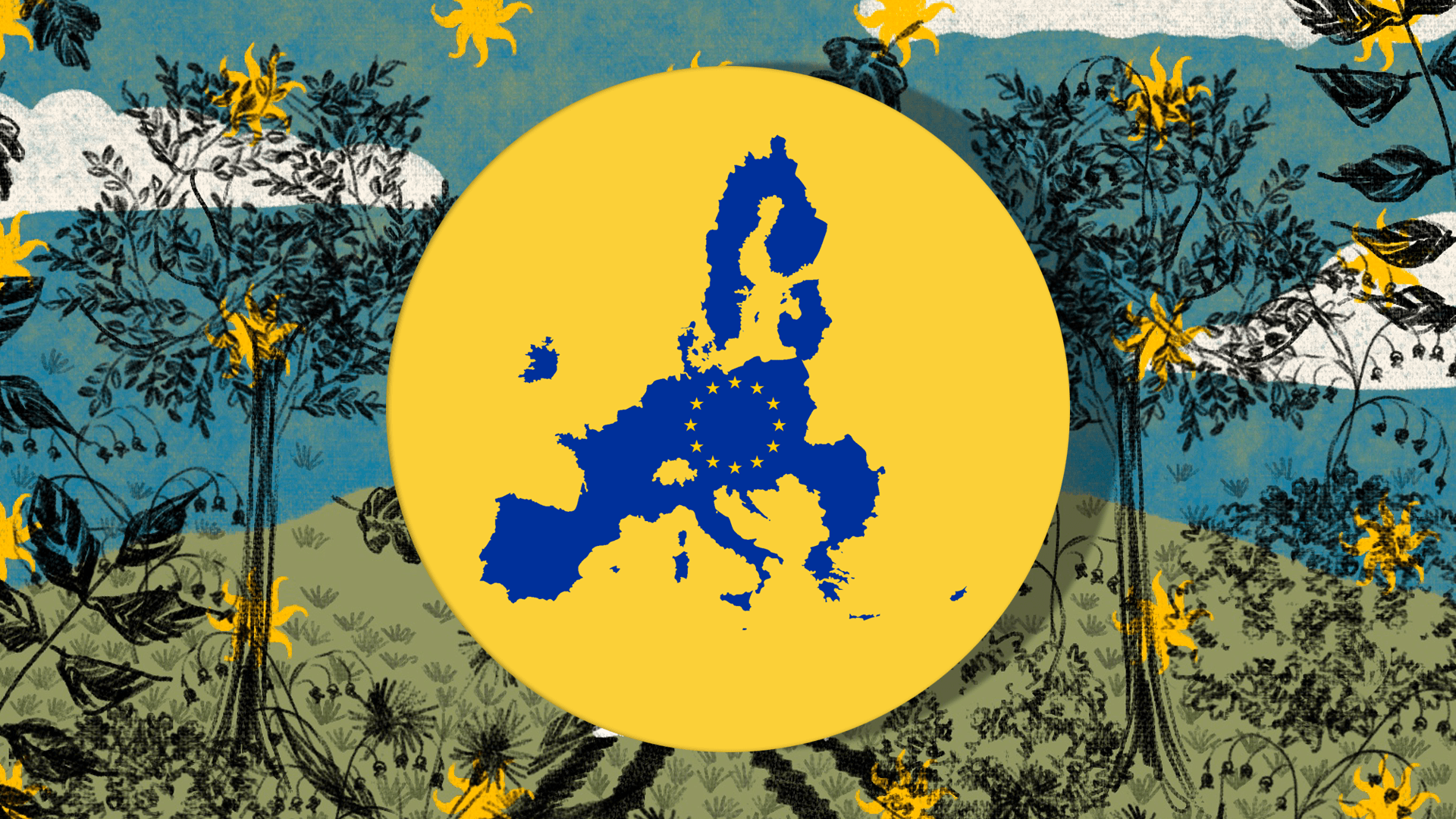
What are European values, anyway?
The EU ignores its founding principles when they are inconvenient.
|02.08.2024
|
The EU is an economic and political project that trumpets its values while simultaneously having the privilege of ignoring those values when they are politically inconvenient.
Until the EU accepts that past and recognizes the privileges some of its members have had as historical beneficiaries of colonialism, it will not be the moral example it claims to be.
The EU's claim to inherent “European values” in the Lisbon Treaty implies that the rights achieved through social movements never had to be fought for through tireless advocacy and often dangerous activism.

Marta Moreno Guerrero
Marta Moreno Guerrero is a freelance journalist specialized in International Politics. Marta holds bachelor’s degrees in Journalism and International Relations from Rey Juan Carlos University in Madrid and a master’s in International Political Journalism from Pompeu Fabra University of Barcelona. She has been based in Kosovo for three years writing about Western Balkans politics as a collaborator of media outlets in Spain. She is also the correspondent of Radio France International (RFI) for the Balkans.
DISCLAIMERThe views of the writer do not necessarily reflect the views of Kosovo 2.0.
This story was originally written in English.